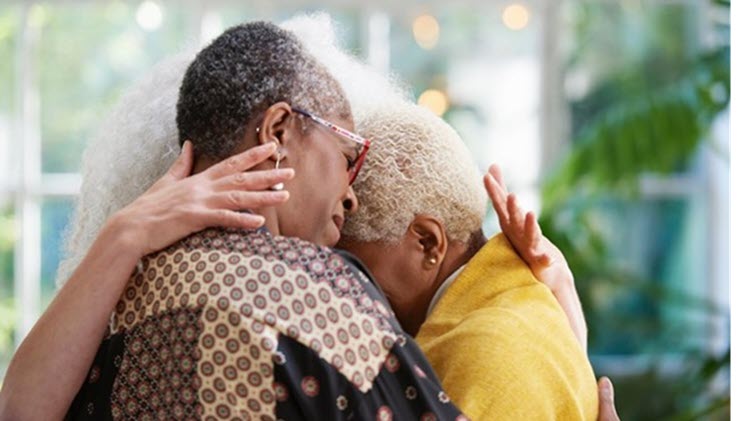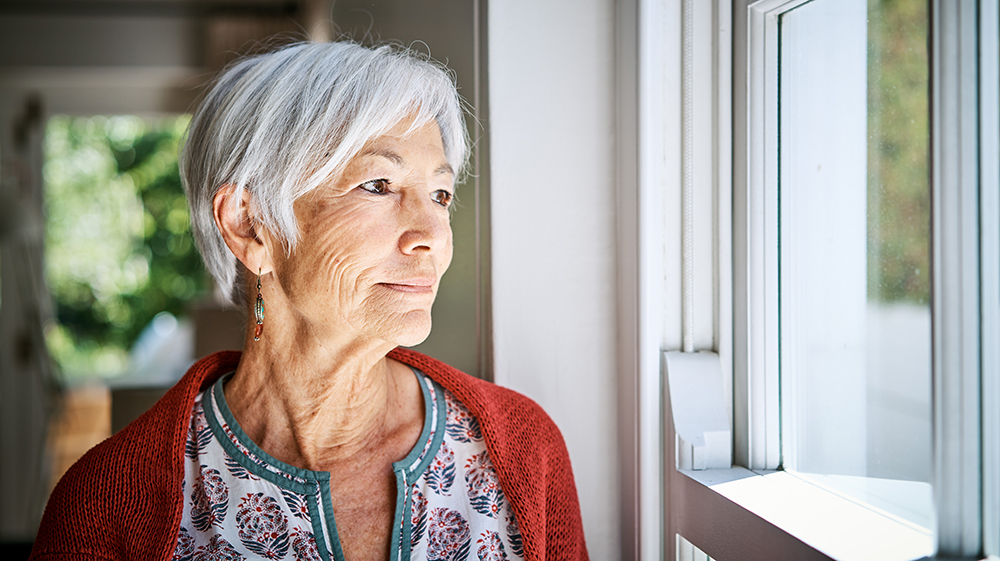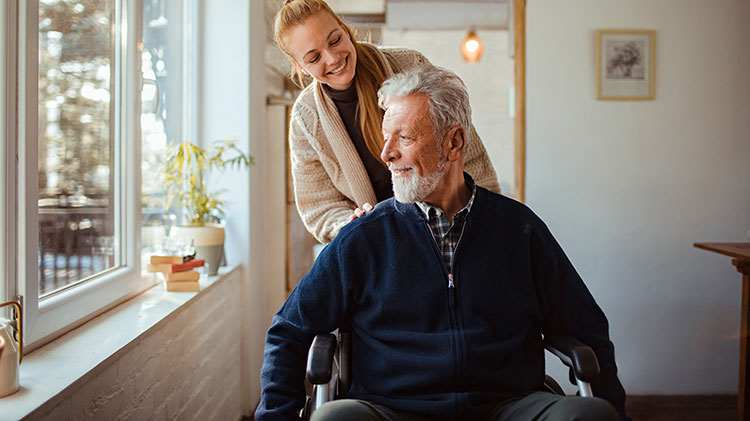Finding a support system after your spouse or partner dies
Coping with the loss of a spouse or partner.
The death of a husband, wife or partner can result in a wave of unfamiliar emotions — shock, fear, anxiety and other overwhelming feelings. Essentially, your whole world changes and you may feel like you’ll have to rebuild your life alone. But that’s not the case. Support from family, friends, widow support groups and online grief-support groups for widows can help you through this difficult time. As you start your journey toward healing, consider these social and emotional steps along the way.
Build a support system
Friends and family may be immediately present and ready to help, but this support can fade with time. And even if you have children, whether they’re still small or grown with families of their own, you will likely have different ways of grieving. Ultimately, you need to find a support system that works for how you’re grieving the loss of your spouse or partner.
Join a support group
Consider finding support groups within your local community or online. A loss-of-a-spouse support group may help you work through the stages of grief and build connections, which can help prevent losing the will to live, commonly known as the widowhood effect.
Be careful not to withdraw
It’s important to interact with your support system and participate in social activities. At first it can feel overwhelming, so be patient with yourself as you ease into this phase. And remember that even though friends and family are aware you’re grieving, they may unintentionally disregard your feelings when it comes to group get-togethers. Let them know if you prefer to trade group gatherings for one-on-one coffee dates for a while.
Consider grief counseling
Adapting after a significant loss can be difficult, especially when grief, which is a very powerful emotion, turns from sadness to unexpected feelings of anger or guilt. Living a full life after loss is possible, but sometimes we need help getting there. Grief counseling can help you understand the different stages of grief, be more in-touch with your emotions, overcome guilt and more. The techniques used by counselors as well as the techniques they teach you are powerful tools to use throughout your journey through grief.




